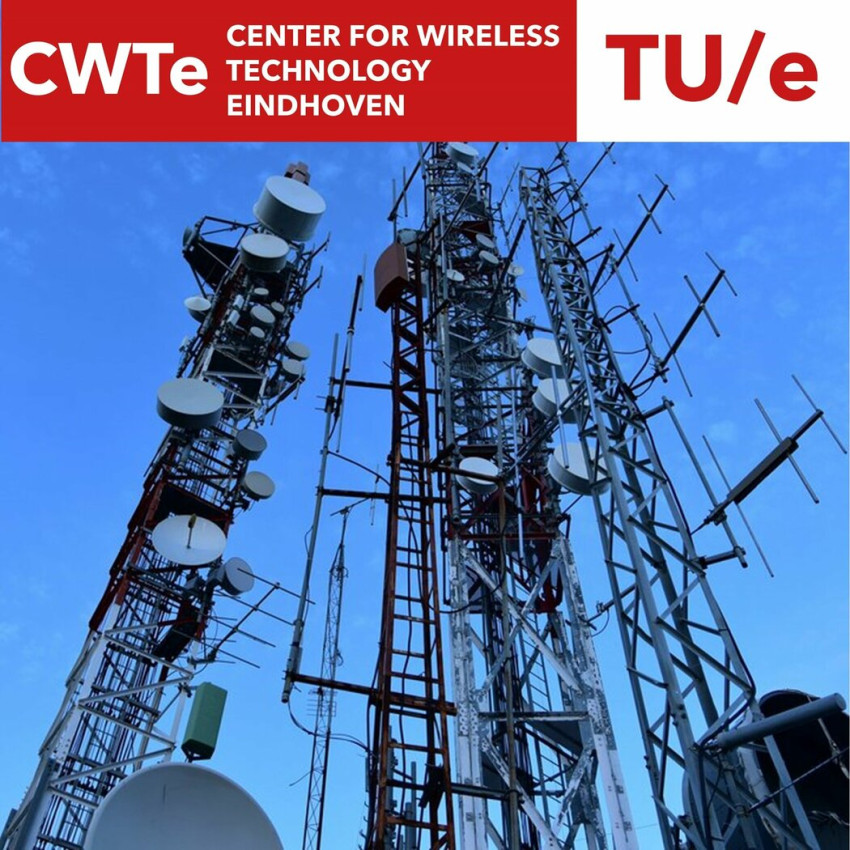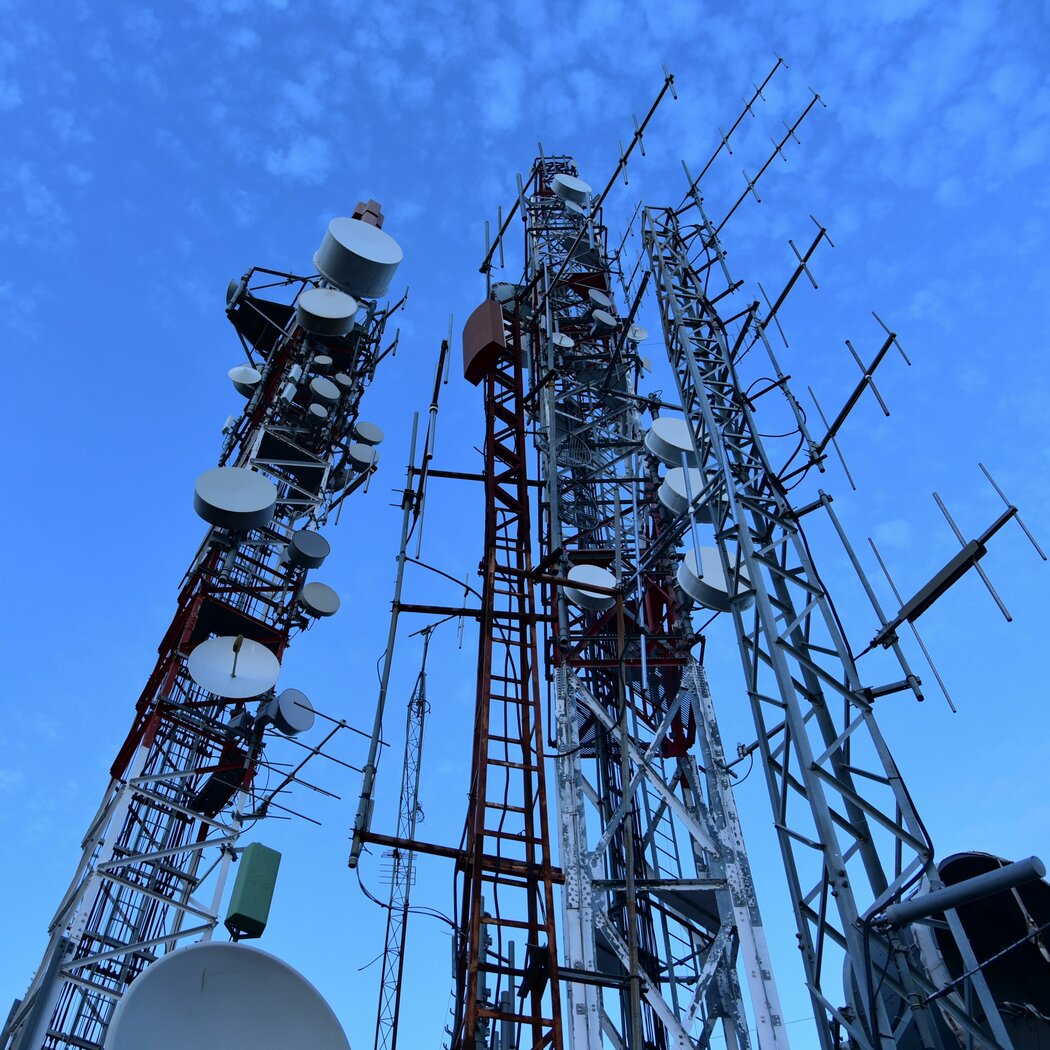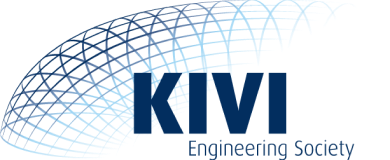
CWTe: A quick introduction to nonlinear radar: from concepts to applications with using Machine Learning

Dear all,
Please be invited for the June 18 edition of the Center for Wireless Technology (CWTe) bi-monthly* colloquium webinar.
CWTe will have two speakers in this colloquium/webinar on interesting wireless topics:
Anastasia Lavrenko, University Twente– A quick introduction to nonlinear radar: from concepts to applications
Stijn Ringeling, TU/e – Shortening of Integrated Circuit simulations using Machine Learning
Participation link: we will use ‘MS Team’, see the link on the bottom of the announcement.
Time: Tuesday June 18, 16.00 – 17.30
Room for questions/discussion after each presentation.
We are looking forward to ‘see’ you at the colloquium.
Speaker 1:
Title: A quick introduction to nonlinear radar: from concepts to applications
by Anastasia Lavrenko (University Twente)
Abstract
Conventional radar systems are well-suited for detection and tracking of highly reflective objects whose complex permeability differs significantly from the surrounding medium. Illuminated by an incident electromagnetic wave, such objects reflect a wave at the same frequency and a scaled amplitude, which is then detected and proceed at the radar receiver. Nonlinear radar operates differently. It relies on the nonlinear properties of a target to convert a portion of the incident radar wave into a reflected wave at a different frequency. Such nonlinear response can be enabled by the target's inherent nonlinearities, as is the case with most electronic devices that use semiconductors, or by supplying the target with a specially designed transponder tag. One of the main advantages of nonlinear operation is that the background clutter is greatly reduced, since wave reflections from most objects are linear and can be easily filtered out at the receiver. This allows detection of objects that would otherwise be virtually invisible to the conventional radar and makes nonlinear radar an attractive technology in such applications as search and rescue, electronic surveillance and insect tracking. It also creates unique opportunities and challenges for system design that are not present in conventional radar. In this talk, we explore basic operational principles and main challenges of nonlinear radar system design and outline possible solutions.
Bio:
Dr. A. Lavrenko received B.Sc. and M.Sc. degrees in radio systems engineering from Saint Petersburg State Electrotechnical University in Saint Petersburg, Russia and a Ph.D. degree in electrical engineering from Ilmenau University of Technology, Ilmenau, Germany. From 2018 to 2020, she was a postdoctoral fellow with Scion (New Zealand Forest Research Institute) and the Wireless Research Centre, University of Canterbury in Christchurch, New Zealand. Since 2020, Dr. Lavrenko is with the Radio Systems Group at the University of Twente, Enschede, Netherlands where she currently holds a position of an assistant professor. She has participated in numerous research projects and has been awarded Dutch Research Council VENI talent grant for innovative tracking solutions using nonlinear radar. Her research interests are in microwave sensing with focus on nonlinear radar and in signal processing for radio systems including radio localization and positioning, parameter estimation and statistical inference.
Speaker 2:
Title: Shortening of Integrated Circuit simulations using Machine Learning
by Stijn Ringeling (TU/e)
Abstract:
Integrated Circuit design makes use of verification simulations to ensure designs meet specifications before manufacturing. For complex designs these simulations can take up to 4 weeks to run. These simulations generate large amounts of data, of which very little is currently analyzed using conventional methods. This PhD project aims to use this data in combination with Machine Learning to reduce the required simulation time.
Bio:
Stijn Ringeling completed both his BSc and MSc in Electrical Engineering at the Technical University of Eindhoven in 2019 and 2021 respectively. During his master’s thesis he worked on the design of an incremental Sigma Delta Modulator at DTU in Denmark. After his thesis he started as a PhD candidate in the Integrated Circuits group at the Technical University of Eindhoven with Eugenio Cantatore, where he is currently in his 3rd year.
Webinar call-in details:
________________________________________________________________________________
Click here to join the meeting
________________________________________________________________________________
* The bi-monthly CWTe colloquium takes place every first Tuesday of the even months
